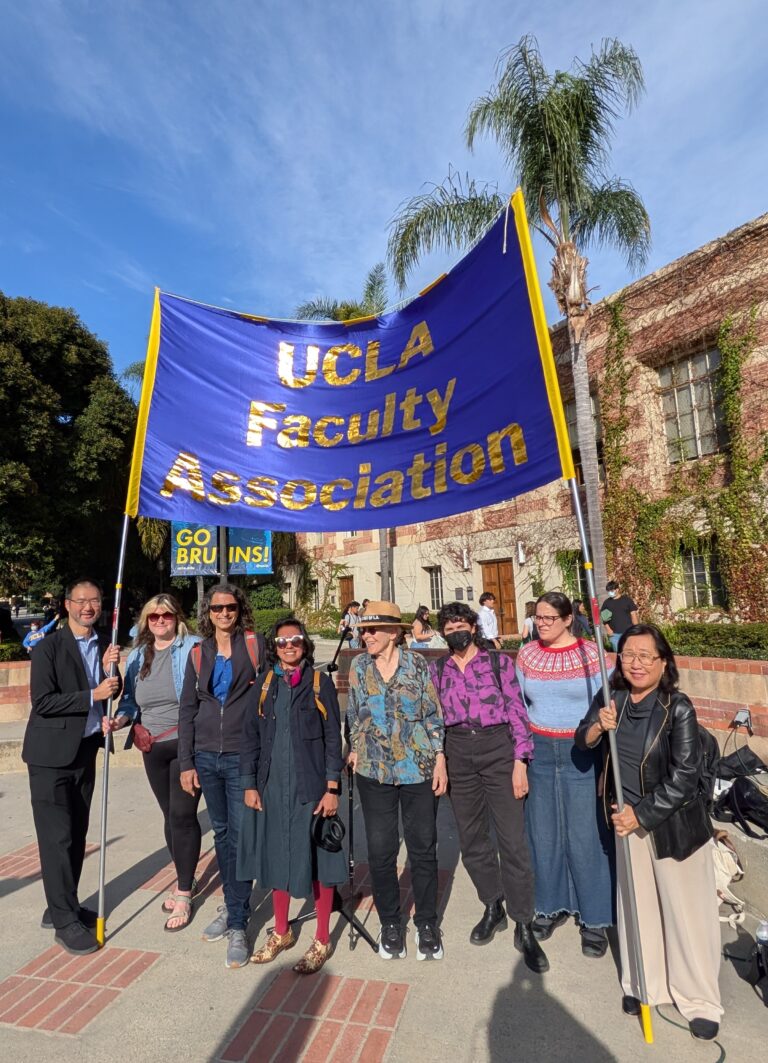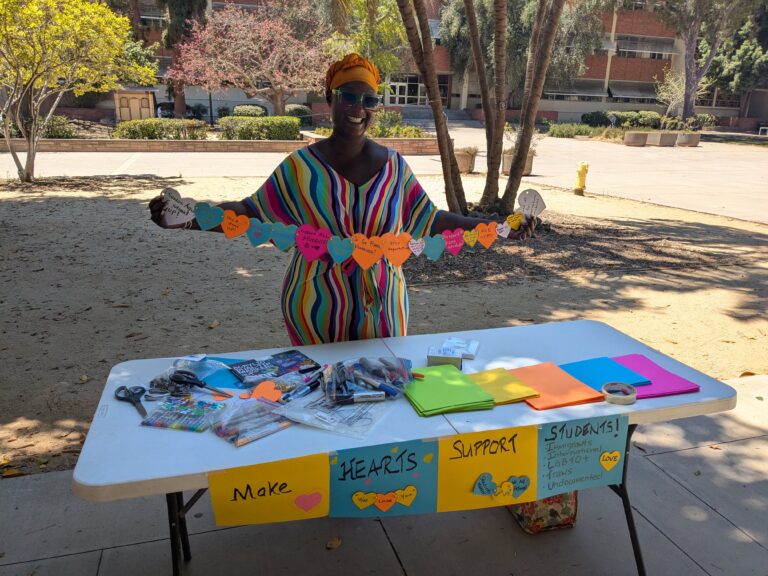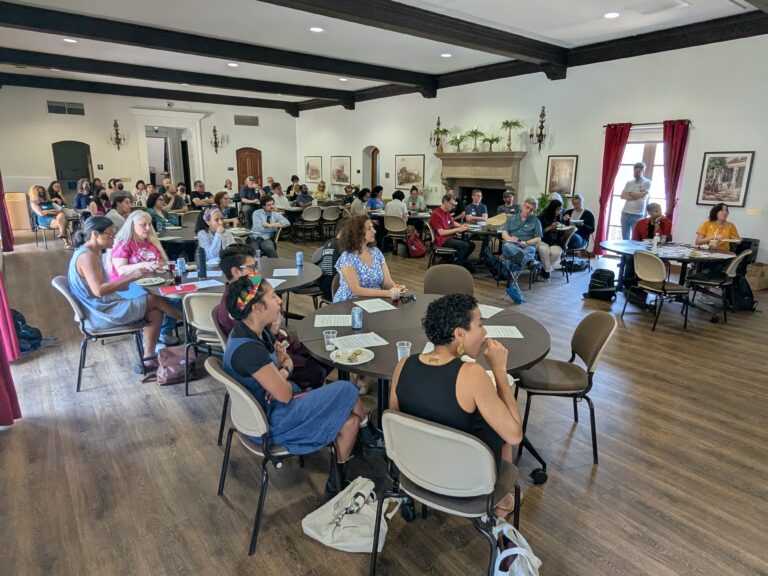UC: Millions lost in research costs from grants
(Editorial Note: No mention in article below of $2-for-$1 pension problem which leads to money lost to UC. As previous posts have noted, inadequate contributions to UC pension lead to major losses of non-state funds.)
UC: Millions lost in research costs from grants
Nanette Asimov, San Francisco Chronicle Staff Writer Wednesday, June 16, 2010
The University of California misses out on hundreds of millions of dollars each year that could be used to bolster campus budgets because it is too passive in recovering research-relatedcosts as other universities do, a UC advisory group has found.
UC could gain $300 million a year if it were more serious about demanding that grant providers shoulder more of the secondary costs of doing research, grants director Mary Croughan and UC Santa Barbara Chancellor Henry Yang, the advisory group’s co-chairs, told the UC Commission on the Future this week.
“This is real money – and it’s costing our students,” UC President Mark Yudof told the commission after the presentation. “We’re not aggressive enough in our cost recovery. We need more oomph.”
The revelation that UC annually leaves some $300 million on the table comes at the end of a school year in which the regents raised tuition an unprecedented 32 percent, while ordering layoffs, salary cuts and campus cutbacks to close an $813 million budget gap. The furlough program imposed on employees this year was intended to save the university about $200 million.
Meanwhile, the 26-member Commission on the Future has been collecting recommendations from advisory groups to determine how UC can maintain excellence in an extended era of reduced state funding. Co-chaired by Yudof and Regents Chairman Russell Gould, the commission will present findings to the regents in the fall.
Competitive dollars
How UC has managed to miss out on so much money is a story of high-stakes competition for research dollars – and the university’s willingness to essentially bid low for grant money in the belief that it would bring in more grants.
That’s been a mistake, Croughan told the commission Monday.
Research universities like UC typically win grants from several sources: foundations, corporations, and state and federal agencies. Assistant professors and Nobel laureates alike use the money on projects the nation depends on, such as making cars and factories more efficient; developing cancer treatments; and learning why some counterinsurgency strategies haven’t worked.
When campuses apply for those grants, they also negotiate for extra money to pay for infrastructure to support the research – from utility bills and lab equipment to library staff and building maintenance. In university-speak, these are “indirect costs.”
UC wins about $3.5 billion per year in research grants, of which $780 million is for indirect costs.
It’s not nearly enough, Croughan reported. Research support actually costs $1.5 billion per year, or $720 million more than UC recovers.
“We’re losing about 20 cents on the dollar,” Croughan told the commission. “Harvard complains about losing 5 cents on the dollar. I would argue we’ve not been aggressive enough.”
No university can hope to recover all of those indirect costs. In fact, some grant providers refuse to reimburse at all, Croughan said.
But most big research universities are better than UC at negotiating reimbursement rates.
“I was pretty astonished at how low our rates were,” said UC Executive Vice President Nathan Brostrom, a commission member.
UC campuses recover 52 to 55 percent of their indirect costs, the advisory group reported. Harvard and MIT recover 68 percent. Yale gets 66 percent, the State University of New York at Buffalo 59 percent, and Stanford 58 percent.
Difference of opinion
“I’m not sure we’re doing as well as we could,” said Provost Larry Pitts, a commission member.
But UCLA Chancellor Gene Block, also a commissioner, said he doubted UC could recover an additional $300 million.
“A lot of this is out of our control,” he said.
Croughan called the figure “extremely realistic” if UC hires consultants “with a good track record” of recovering such funds.
Others expressed concern that UC would lose out on grants by demanding more money from grant providers.
“Other universities will be only too happy to compete for these funds,” said commissioner Art Pulaski, chief officer of the California Labor Federation.
Negotiating higher rates has always been a double-edged sword for that reason, Brostrom said. “But I think that’s not the case.”
He said money for indirect costs is also the “most valuable money” because it has no restrictions on how it can be spent.
Yet it has also been unclear how UC has spent that money, said the advisory group, which called on UC to increase transparency by directing those dollars straight to campuses instead of through the UC president’s office.
E-mail Nanette Asimov at nasimov@sfchronicle.com.




